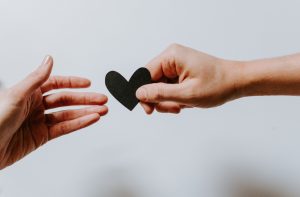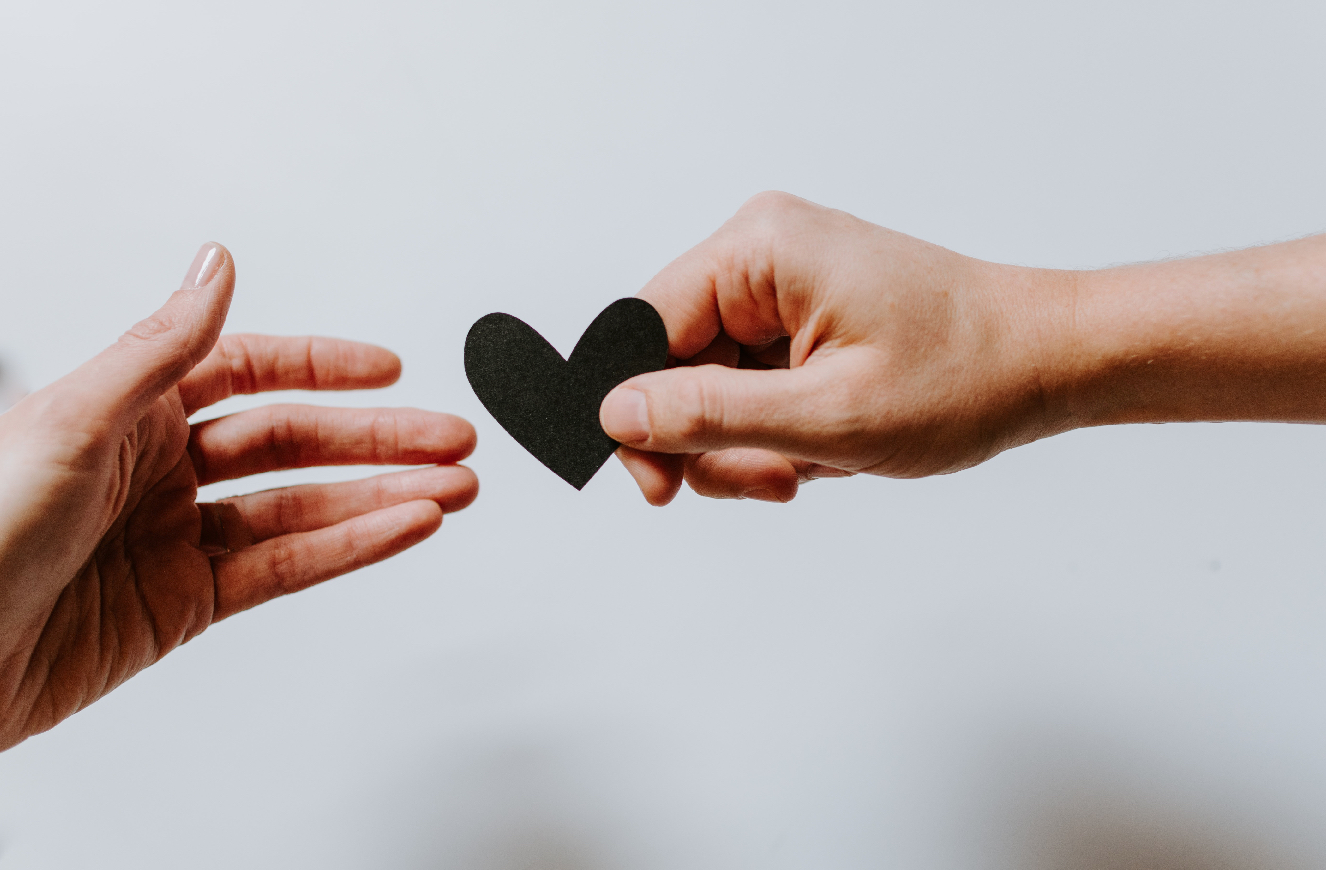
And he (Yaakov) went ahead of them and prostrated himself to the ground seven times, until he came close to his brother. And Esav ran toward him and embraced him, and he fell on his neck and kissed him, and they wept. (Breishis 33:3-4)
Yaakov just dodged a big bullet. He somehow managed to defuse a giant and potentially destructive conflict. In the end, Essav, his mortal enemy, hugged him and kissed him. How in the world did that happen? Maybe it was that he was prepared for war, or that he prayed, or that he sent gifts preemptively, or maybe the combination of all three. Perhaps it was all decided in the surrealistic wrestling match that preceded the confrontation. It’s not unusual that wars are won in advance. It could be there is another critical factor to notice here. The Chizkuni, in his commentaries on tractate Kiddushin, spells out a few fascinating Gematrias that are not only cute and interesting hints, but they help tell and explain the depth of the story.
Abaye heard that Rav Acḥa bar Ya’akov was coming. There was a certain demon in the study hall of Abaye, which was so powerful that when two people would enter, they would be harmed, even during the day. Abaye said to the people of the town: Do not give Rav Acḥa bar Ya’akov lodging [ushpiza] so that he will be forced to spend the night in the study hall. Since Rav Acḥa bar Ya’akov is a righteous man, perhaps a miracle will occur on his behalf and he will kill the demon. Rav Aḥa found no place to spend the night, and he entered and spent the night in that study hall of the Sages. The demon appeared to him like a serpent with seven heads. Rav Acḥa bar Ya’akov began to pray, and with every bow that he bowed one of the demon’s heads fell off, until it eventually died. The next day Rav Acḥa said to the townspeople: If a miracle had not occurred, you would have placed me in danger.
There is plenty to chew on here and discuss but what is fascinating and relevant to us is how he vanquished this seven-headed beast. Somehow, just by bowing in prayer, the demon was beheaded. So too, by Yaakov, as he approached Essav, he bowed seven times until he reached him, until he came close to his brother. There is a parallel here.
The Chizkuni points out that the name Yitzchok is the numerical value 208, which is 8 times 26, the numerical value of the Name of HASHEM. The numerical value of Yaakov, 182, is 7 times the Name of HASHEM, 26.
Now, Essav is 1 time the Name of HASHEM plus seven times the word for spiritual contamination, TAME’, which is 50. 50 times 7 plus 26. It seems there really was an essential goodness and depth in Essav but it was covered up by 7 layers of materialism. Seven is always representative of this world which is made and completed in seven days. Now what would it take to reach that holy point, that common brotherly core!? Yaakov bows seven times, and each bow removed an outer layer, until he approached not only the man, the legend, the personality Essav, but util he reached “his brother”. That was the magic moment when Essav, who would rather have stabbed him, hugged and kissed him.
There are incredible spiritual dynamics and psychological implications at play here. Yaakov’s and Rav Acha’s bowing were not just a symbolic- gestures. It was an act of self-nullification to the Ultimate Source of all being, HASHEM. At some point, it was as if they hardly existed, like a candle in the enormity of the sun.
We have all seen the unfortunate result of a dog or a deer that did not make it across a highway. Sometimes, we espy a deer perched on the edge of a busy thruway and we know what the ugly conclusion will be. Yet, a paper bag or a balloon on the highway dances gracefully and artfully dodges all trucks and busses and cars with ease. What’s going on!? The balloon is light and the bag is empty. Place a pebble in the bag and see what happens. It will be shredded instantly. Yaakov emptied his ego out entirely.
I did this exercise last night. I called upon one student to stand next to me. I put up my hand and he put his hand against mine instinctively. As I pushed, he pushed back harder. Then I put my hand up and he put his hand against mine. I gently dropped my hand to my side. So did he. As I did not strive with him, he did not push back against me. As I disarm, so does he. The natural, default response then is, remarkably, a brotherly embrace.


